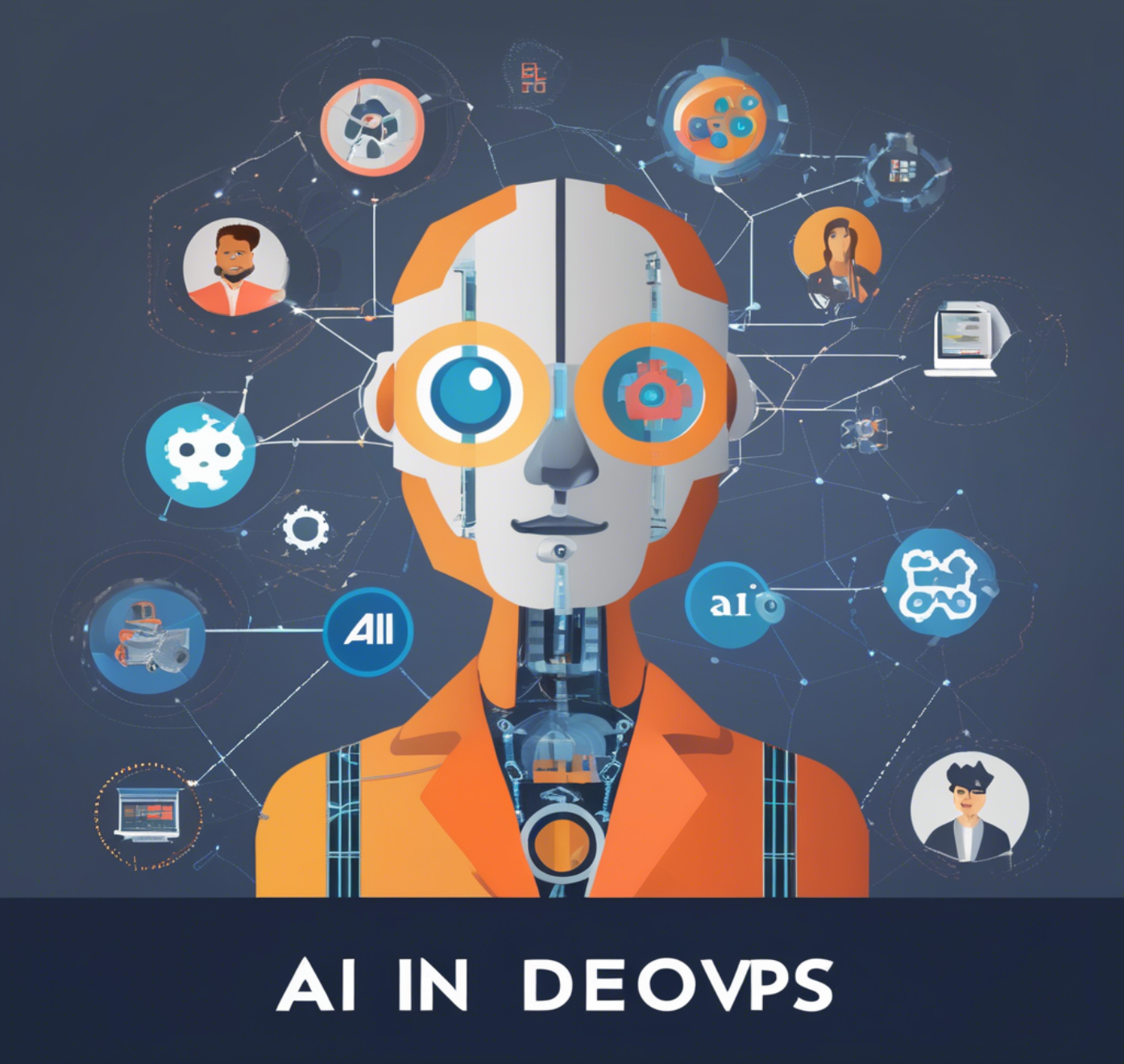
The world of DevOps has undergone a radical transformation, thanks to AI software development services. As we move into 2025, artificial intelligence is not just an add-on but an integral part of DevOps implementation, streamlining workflows, boosting efficiency, and eliminating bottlenecks. AI-driven cloud DevOps services are reshaping the way organizations build, deploy, and manage software applications, making them more resilient, automated, and intelligent.
The AI-Driven Evolution of DevOps
Traditionally, DevOps for SaaS and other applications relied on human intervention to manage CI/CD pipelines, monitor infrastructure, and resolve incidents. However, AI has introduced a paradigm shift by injecting predictive analytics, self-healing capabilities, and hyperautomation into DevOps.
With AI in DevOps, businesses can now:
Automate repetitive tasks such as testing, deployment, and monitoring.
Enhance anomaly detection and proactively prevent outages.
Optimize cloud resources dynamically, ensuring cost-efficiency.
Reduce human errors in code reviews and security assessments.
These AI-driven advancements create a more intelligent, adaptive, and self-sustaining DevOps ecosystem, empowering teams to focus on innovation rather than manual troubleshooting.
AI’s Impact on Key DevOps Areas
1. Smart CI/CD Pipelines
Continuous Integration and Continuous Deployment (CI/CD) pipelines are the lifeblood of modern software development. AI-powered DevOps implementation enhances CI/CD pipelines by:
Intelligently detecting flaky tests and prioritizing critical ones.
Predicting deployment failures based on historical data.
Auto-remediating bugs before they reach production.
This leads to faster, more reliable software releases, reducing downtime and ensuring smooth deployments.
2. AI-Driven Incident Management
AI-powered cloud DevOps services leverage machine learning (ML) models to predict and resolve incidents before they escalate.
Automated Root Cause Analysis (RCA): AI swiftly analyzes logs and metrics, pinpointing the root cause of failures.
Self-Healing Infrastructure: AI triggers automated scripts to restart services or roll back deployments without human intervention.
Predictive Monitoring: AI anticipates system failures based on usage patterns, preventing catastrophic breakdowns.
These capabilities significantly enhance system uptime and performance, ensuring seamless user experiences.
3. AI-Enhanced Security and Compliance
Security in DevOps for SaaS is paramount, and AI strengthens defenses with:
Threat intelligence algorithms that detect vulnerabilities in real-time.
Automated compliance monitoring, ensuring adherence to industry regulations.
AI-driven anomaly detection, identifying unauthorized access or suspicious activities.
This proactive security posture reduces risks and keeps software ecosystems hardened against cyber threats.
4. Efficient Cloud Cost Optimization
AI optimizes cloud resources by analyzing usage patterns and dynamically adjusting workloads. Key benefits include:
Auto-scaling based on demand, reducing unnecessary cloud expenditures.
Identifying underutilized resources and suggesting cost-saving measures.
Optimizing container orchestration, ensuring efficient Kubernetes and Docker management.
By leveraging AI software development services, businesses achieve maximum ROI on cloud investments.
5. AI-Powered Code Reviews and Quality Assurance
AI tools now assist developers by:
Auto-generating high-quality code based on best practices.
Detecting security loopholes and suggesting patches.
Predicting potential performance bottlenecks before deployment.
This reduces technical debt and enhances code reliability, leading to faster feature rollouts.
The Future of AI in DevOps: What's Next?
As AI continues to advance, the future of DevOps implementation will witness:
Autonomous DevOps Agents that manage infrastructure without human input.
AI-driven collaboration tools, enabling seamless communication across DevOps teams.
Explainable AI models, offering transparency in decision-making for debugging and optimizations.
By integrating AI at every layer, businesses will experience unparalleled agility, security, and efficiency in their DevOps workflows.
Conclusion
The fusion of AI software development services with cloud DevOps services is revolutionizing software delivery in 2025. With intelligent automation, predictive analytics, and self-healing capabilities, DevOps teams can now achieve peak performance with minimal effort. Organizations that adopt AI in DevOps will outpace their competitors, delivering software faster, more securely, and cost-effectively.
AI isn’t just changing DevOps—it’s redefining its very foundation. Will your business embrace this transformation?













Write a comment ...